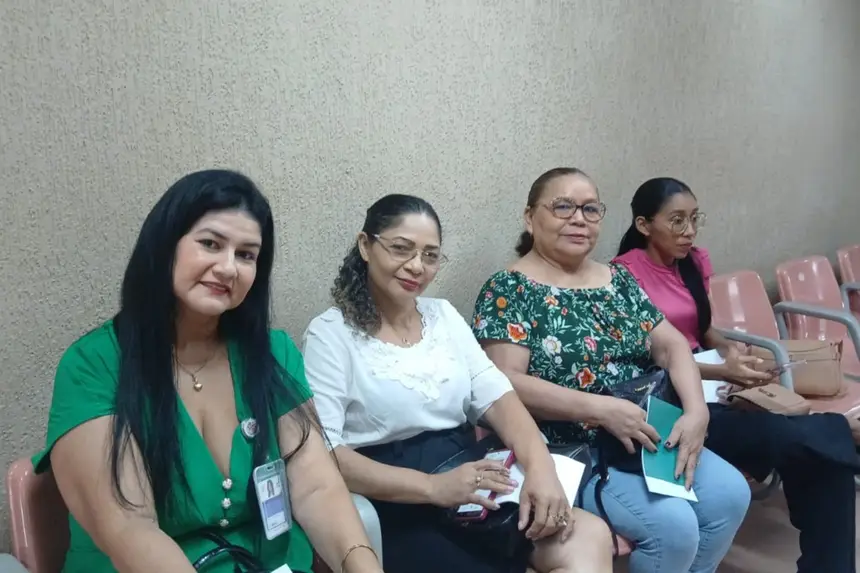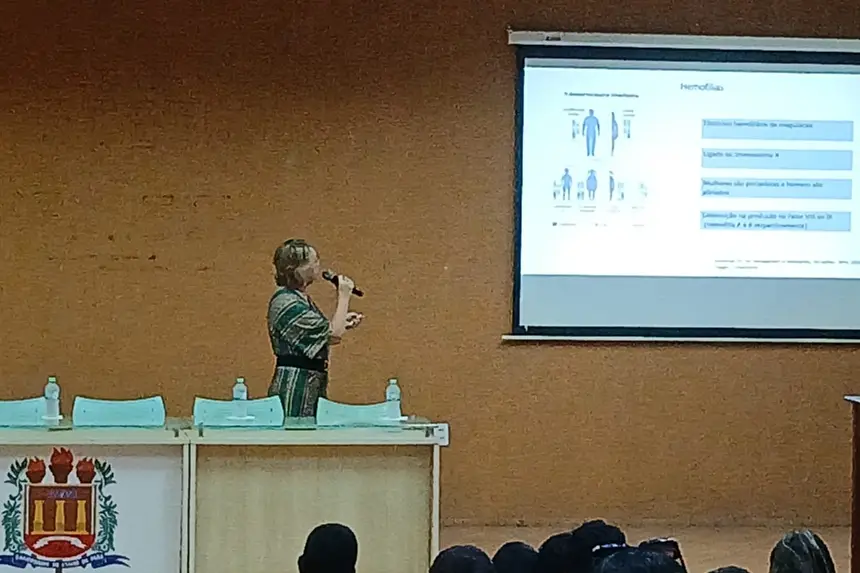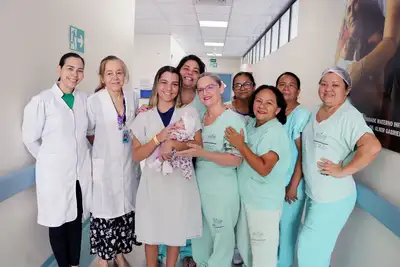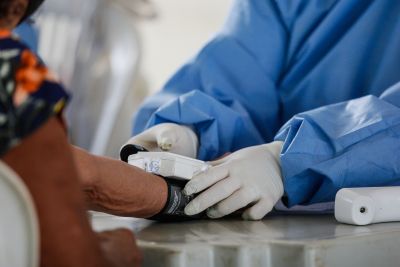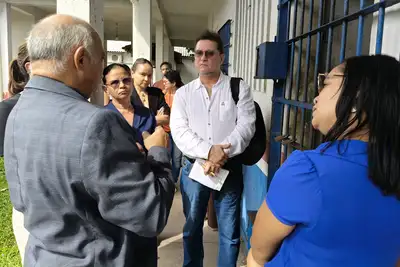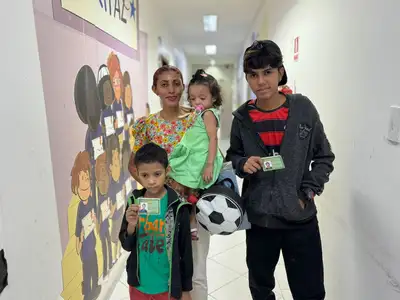Hemopa Foundation conducts training on hereditary coagulopathies and sickle cell disease
Activity brings together health professionals to expand care for patients with hematological disorders in the western region of Pará
The Pará Center for Hemotherapy and Hematology Foundation (Hemopa) is conducting training on Hereditary Coagulopathies and Sickle Cell Disease at the auditorium of the State University of Pará (Uepa) in Santarém. The event, which started this Thursday (21), continues until Friday (22), in person, with free registration, and is part of the ongoing health education actions of the Hemopa Foundation. The goal is to strengthen the care network and ensure a better quality of life for people with hematological diseases in Pará.
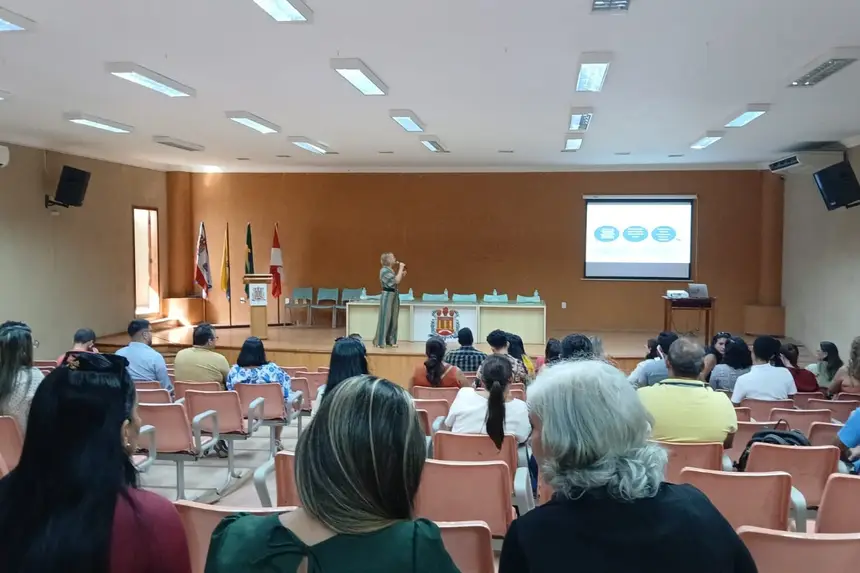
The program began with discussions on coagulopathies, including laboratory diagnosis, the role of nursing in treatment adherence, comprehensive care from social workers, and psychological support for people with hemophilia. On Friday (22), participants will delve deeper into discussions about hemoglobinopathies, emphasizing sickle cell disease, from neonatal screening to bone marrow transplantation, as well as nursing care, access to medications, and psychological and social aspects that impact the quality of life of patients.
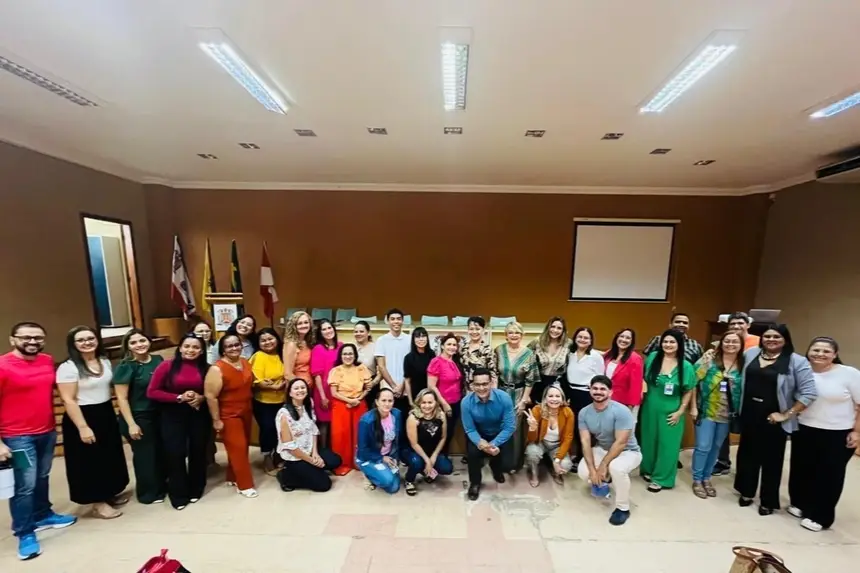
Professionals participating in the program include Cristina Santos (social worker), Charles Soares (pharmacist), Iêda Pinto (hematologist), Liene Nunes (psychologist), Marilda Martins (nurse), Robson Paixão (pharmacist), Rosilene Freitas (nurse), and Saide Trindade (hematologist).
The target audience for the training includes doctors, nurses, social workers, psychologists, physiotherapists, pharmacists, dentists, nursing technicians, and community health agents.
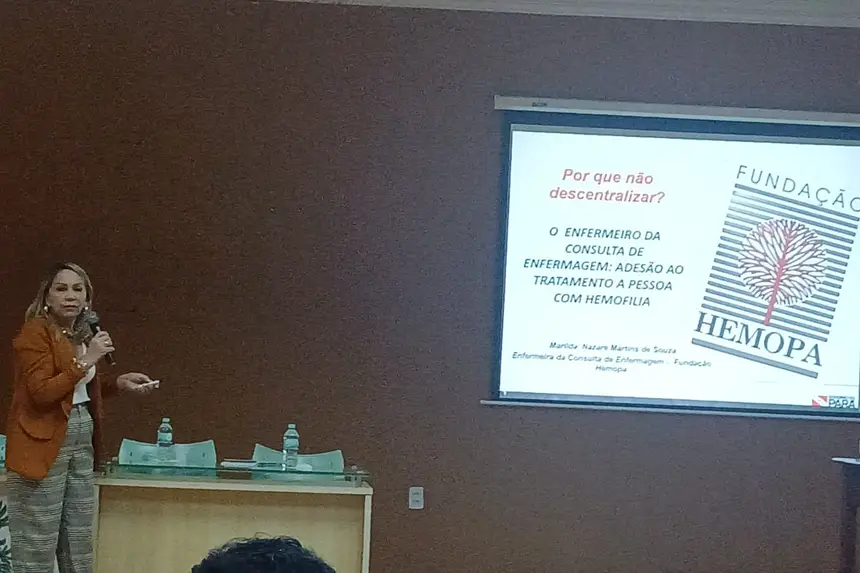
Decentralization - The hematologist and coordinator of Ambulatory Care at the Hemopa Foundation, Saide Maria Sarmento Trindade, emphasized that the initiative is essential to decentralize care for people with coagulation disorders and hemoglobinopathies, such as sickle cell disease.
“We are advancing so that regional blood centers can also follow these patients within current protocols, from early diagnosis to bone marrow transplantation, which can mean a cure. This training is essential to prepare multidisciplinary teams for the proper treatment of coagulopathies and the management of procedures such as chronic transfusion,” she stated.



